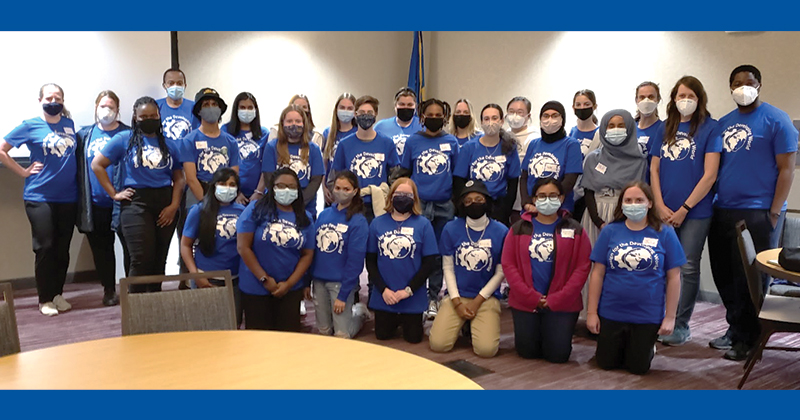More than two dozen undergraduate engineering and science students gathered in Newark this November to explore the world of medical device design, particularly for developing countries, during the inaugural Global Design Conference hosted on UD’s campus.
The two-day program, “Design for the Developing World,” used scenarios from sub-Saharan Africa to challenge participants to work in teams to design products that would help communities thrive. Students, working with mentors and event organizers, received hands-on design of products for limited resource settings with coaching from international mentors. This year’s program was free to students and sponsored by the Whitaker International Program.
During those two days, participants reviewed the engineering design process, practiced with empathetic design and worked with cultural mentors from sub-Saharan Africa. By focusing on a case study related to health care system improvements for Tanzania, participants were able to explore the maintenance of vaccines at refrigeration temperature, simplification of a glucose monitor system or streamlining the healthcare system for accessibility. Each small team of students followed the engineering design process and created a poster and prototype design for their chosen project to present at the workshop.
“We believe this workshop was a tremendous success,” said Julie Karand, a biomedical engineering assistant professor who helped organize the event. “Not only did students engage in engineering design with a cultural context in mind, but many were interested in exploring careers in global health and integrating this type of work into their studies. In our future program, we hope to expand to more participants and attract students from a wider array of home institutions.”

